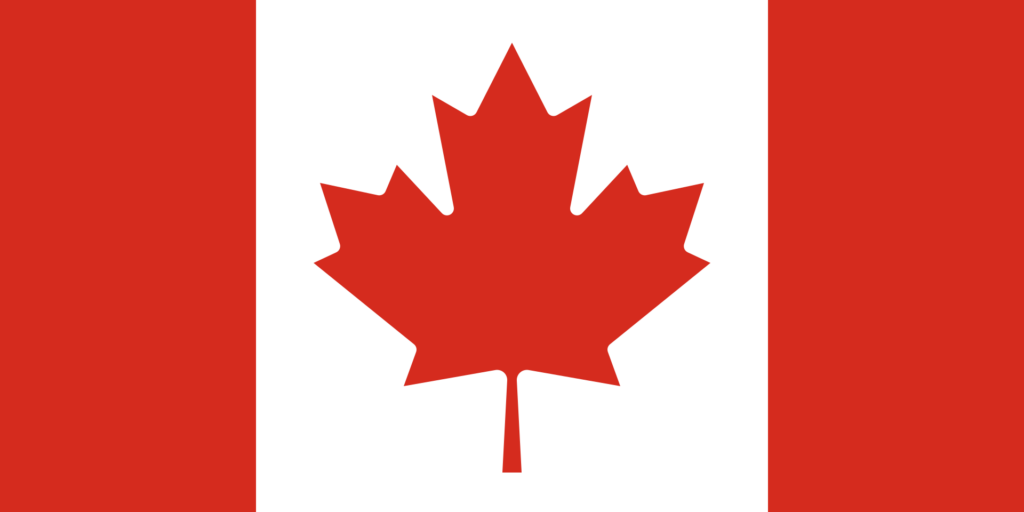Canada to launch new tax credit for hydrogen production
By Julian Atchison on November 18, 2022

Via the government’s Fall Economic Statement 2022, Minister of Finance Chrystia Freeland has proposed a significant tax credit for hydrogen production in Canada – at least 40% if all conditions are met. Citing the Infrastructure Reduction Act in the US, the Department of Finance sees adoption of “competitive” measures as critical to make sure Canada is not “left behind”. The government will shortly launch industry consultation on how best to implement the tax credit, based on lifecycle carbon intensity of hydrogen.
The announcement notes the intensity tiers outlined in the IRA (incentives begin at 4.0kg of CO2 equivalents or less per kg of hydrogen produced, while the highest level of support would be provided where emissions are at or below 0.45kg of CO2 equivalents/kg hydrogen), and the Department of Finance aims to seek input on whether a similar tiered system is appropriate in the Canadian context. Labour conditions (local wages, training & apprenticeship opportunities) will also be attached to the tax credit:
The proposed investment tax credit will be refundable, and available for eligible investments made as of the day of Budget 2023. The credit will be phased out after 2030. The lowest carbon intensity tier that meets all eligibility requirements is proposed to receive an investment tax credit of at least 40 per cent. If a company does not meet certain labour conditions, the maximum tax credit rate will be reduced by 10 percentage points, which will help incentivize companies to support and create good jobs for the workers our economy relies on.
“An Investment Tax Credit for Clean Hydrogen”, from Chapter 2 of the Fall Economic Statement 2022 (Department of Finance, Canada, 3 Nov 2022)
A related tax credit for investment in clean energy projects was also announced, with up to 30% of the capital costs in non-fossil stationary electricity storage systems, zero-carbon electricity generation, heating and zero-emissions vehicles able to be refunded from next year.
EU flags “serious concerns” over subsidy race
A joint task force was launched in late October to deal with the EU’s concerns about the recently passed IRA, primarily focused on potential “discriminatory” impacts for non-US EV manufacturers. Now, multiple media outlets are reporting that the EU has submitted an official response to the US Internal Revenue Service that flags concerns with multiple tax credits contained in the IRA, including the $3/kg subsidy for clean hydrogen production.